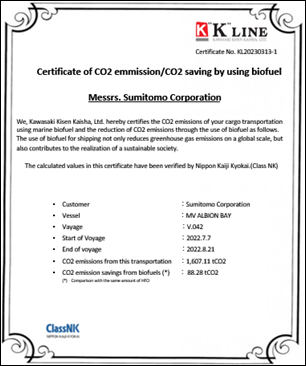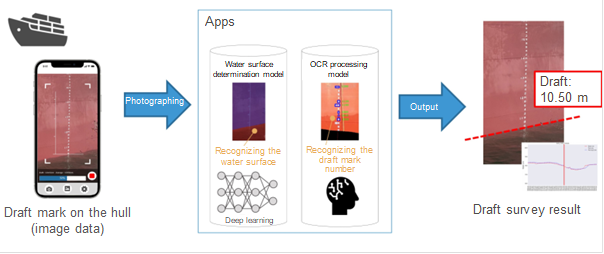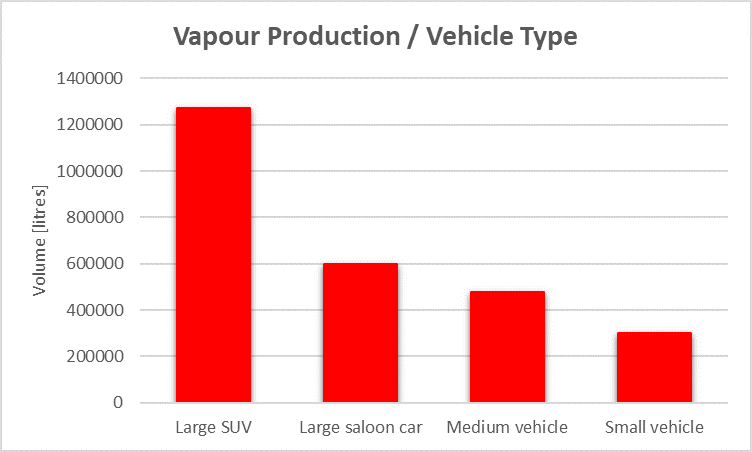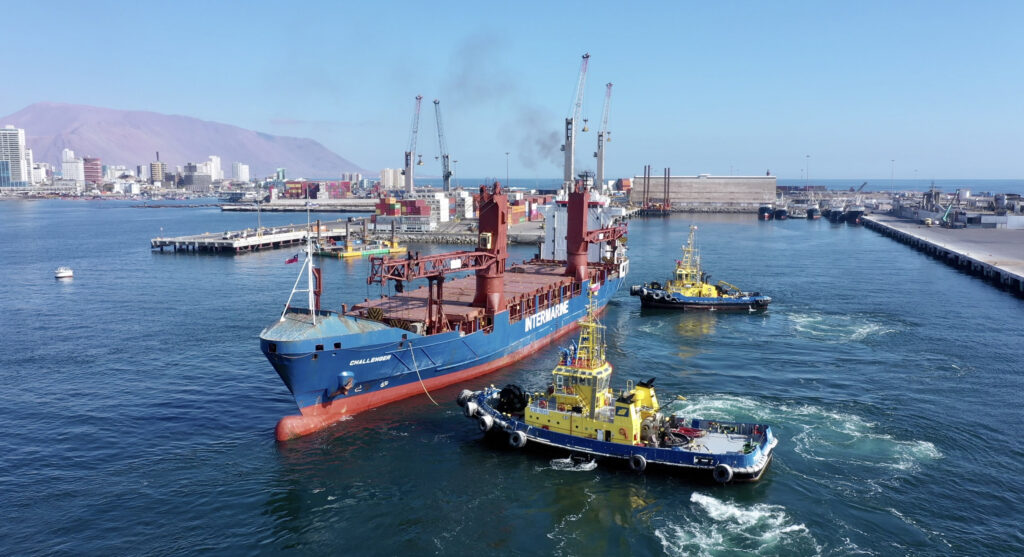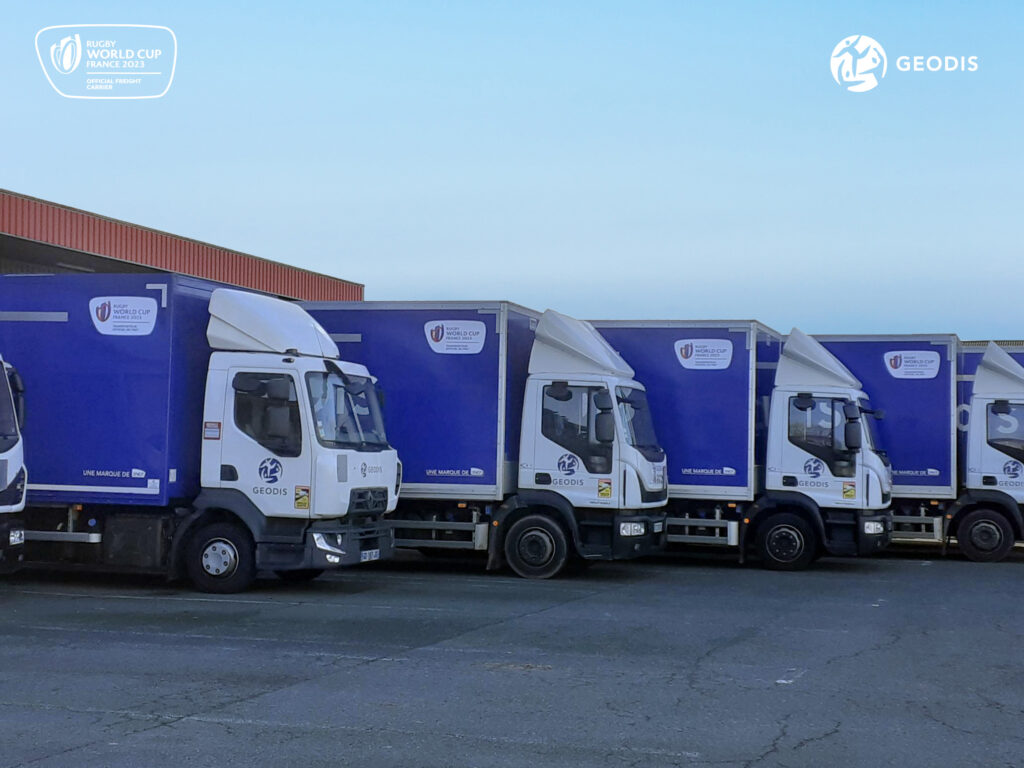Japan Suiso Energy, Ltd.
Kawasaki Kisen Kaisha, Ltd.
Mitsui O.S.K. Lines, Ltd.
Nippon Yusen Kabushiki Kaisha
On September 12 2023, Japan Suiso Energy, Ltd. (JSE)*, and three Japanese shipping companies, Kawasaki Kisen Kaisha, Ltd. (“K” LINE), Mitsui O.S.K. Lines, Ltd. (MOL), and Nippon Yusen Kabushiki Kaisha (NYK), have agreed to join JSE Ocean, Ltd. (JSE Ocean), a subsidiary of JSE. JSE remains the majority shareholder with 50.2% of stock, whilst the shipping companies hold 16.6% each.

Kawasaki Heavy Industries, Ltd.
Hydrogen in Japan
The expectation for hydrogen as a clean energy is increasing worldwide as we strive to achieve a decarbonized society. Japan’s Basic Hydrogen Strategy, revised by the Japanese government in June 2023, identifies hydrogen as the alternative to fossil fuels as it targets decarbonisation. In the Strategy Japan commits to a target of 3 million tons/year of hydrogen by 2030, 12 million tons/year by 2040, and 20 million tons/year by 2050.
The target hydrogen supply cost is approximately JPY30 /Nm3 in 2030 and JPY20 /Nm3 in 2050 at the point of arrival in Japan. To achieve these price and volume targets, and create a secure global supply chain, transport by ship is crucial.
Background
In August 2021, Japan’sNew Energy and Industrial Technology Development Organisation (NEDO), allocated a grant from the Japanese government’s Green Innovation Fund to JSE, Iwatani Corporation and ENEOS Corporation for the “Liquefied Hydrogen Supply Chain Commercialization Demonstration Project”.
In this project, JSE will establish the world’s first large-scale hydrogen liquefaction and transportation technology, involving an initial 30,000 tons of hydrogen per year before upscaling. JSE will also demonstrate a comprehensive and reliable global liquefied hydrogen (LH2) supply chain, covering hydrogen production, liquefaction, export from Australia, marine transportation, and import.
About JSE Ocean
JSE Ocean was established in January 2023 to research the marine transportation of LH2 by using a large-scale LH2 carrier. JSE, and the three Japanese shipping companies with extensive knowledge and experience in the energy transport business, will establish the marine transport of LH2 at a commercial scale through JSE Ocean.
We will collaborate to explore the safety and efficient operation of the world’s first large-scale LH2 carrier by 2024, as well as develop a viable marine transportation business scheme. Furthermore, the LH2 carrier will be powered by hydrogen, significantly reducing CO2 emissions during operation.
* JSE was established in June 2021 with the main objectives of research, planning, management, and investment in the international supply chain of LH2. Current shareholder composition is Kawasaki Heavy Industries, Ltd. 66.6% Iwatani Corporation 33.4%.
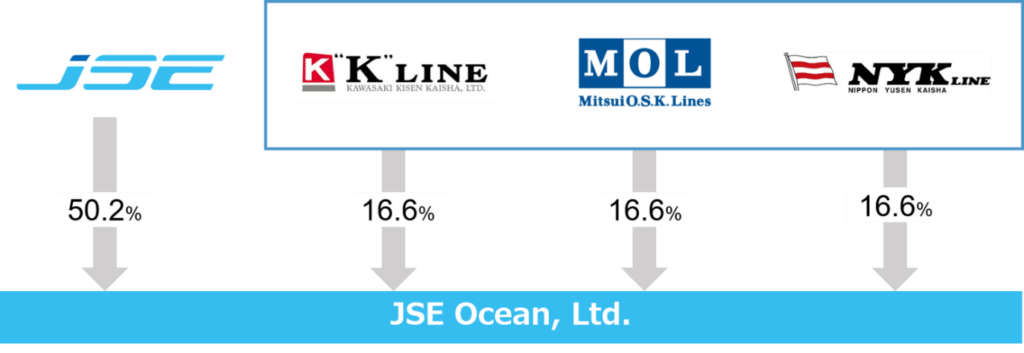
Overview of Each Company
JSE Ocean, Ltd.
Established: January 2023
Address: 14 5, Kaigan 1-chome, Minato-ku, Tokyo
Representative: Kenjiro Shindo, President and CEO
Japan Suiso Energy, Ltd.
Established: June 2021
Address: Toranomon Seiwa Building 10 F, 1-2-3 Toranomon, Minato-ku, Tokyo
Representative: Eiichi Harada, President and CEO
Kawasaki Kisen Kaisha, Ltd.
Established: April 1919
Address: Iino Building, 1-1, Uchisaiwaicho 2-chome, Chiyoda-ku, Tokyo
Representative: Yukikazu Myochin, Representative Director, President and CEO
Mitsui O.S.K. Lines, Ltd.
Established: May 1884
Address: 2-1-1 Toranomon, Minato-ku, Tokyo
Representative: Takeshi Hashimoto, President and CEO
Nippon Yusen Kabushiki Kaisha
Established: September 1885
Address: 2-3-2 Marunouchi, Chiyoda-ku, Tokyo
Representative: Takaya Soga, President and CEO







